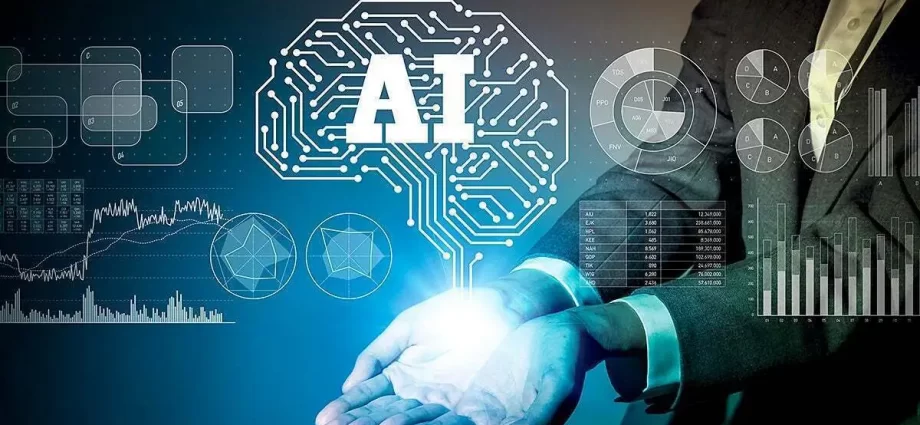Artificial intelligence, or AI, is a process that allows computers to perform complex tasks. AI can be as simple as understanding a language, or as complex as defeating a human chess player. In 1996, IBM’s Deep Blue computer defeated Garry Kasparov. Self-correcting AI can learn to understand language and interact with other senses. The future of AI is looking bright, as many applications will be able to do just about anything humans can do.
AI applications are already available today for virtually every industry. These include personalized medicine, fitness and exercise programs, stock management, design of store layouts, and more. AI can be used to automate routine administrative tasks, and it can be used to analyze large data sets to determine whether a patient requires urgent medical attention. As companies build their connected device ecosystems, AI is poised to transform many industries. Its future is bright, and it’s only a matter of time until we realize the full benefits of this technology.
The most important advantage of AI is its potential to transform the way we work. AI can streamline complex processes and increase efficiency. It can even increase employee productivity by eliminating a large percentage of repetitive tasks. The next generation of technology will make AI easier to use than ever before. In fact, it will probably surpass human jobs in the next decade. The only limit is our imagination! It’s time to embrace the AI of the future and take advantage of its incredible abilities.
AI experts are already focusing on health care. In the future, AI will help diagnose patients and treat seniors, while it could also contribute to public health programs by gathering massive amounts of data on nutrition. It may even help bring about long-awaited changes in education. And it’s not just healthcare, either. AI is also transforming the world of work, and it’s only a matter of time before it surpasses human capabilities and makes us all dependent on machine-driven networks.
While AI has been a long time coming, it has been successful in achieving many goals. In the 1990s, AI technology was reborn with a large boost in funds and the introduction of “deep learning” techniques. IBM’s Deep Blue program eventually beaten world chess champion Gary Kasparov. In addition, Dragon Systems introduced a software program for Windows that could recognize spoken language. This project led to widespread use of AI in many industries.
Another application of AI is in retail. Some retailers are using chatbots to automate customer service. Chatbots can entertain and guide customers with basic questions. AI can even entertain targeted customers. Self-checkout machines can eliminate salesperson jobs. Automation of retail operations may also mean the end of the retail salesperson. With the advancement of AI, retailers can eliminate the need for human salespeople. Intelligent machines will allow retailers to automate and streamline processes, and even replace salespeople in some industries.

